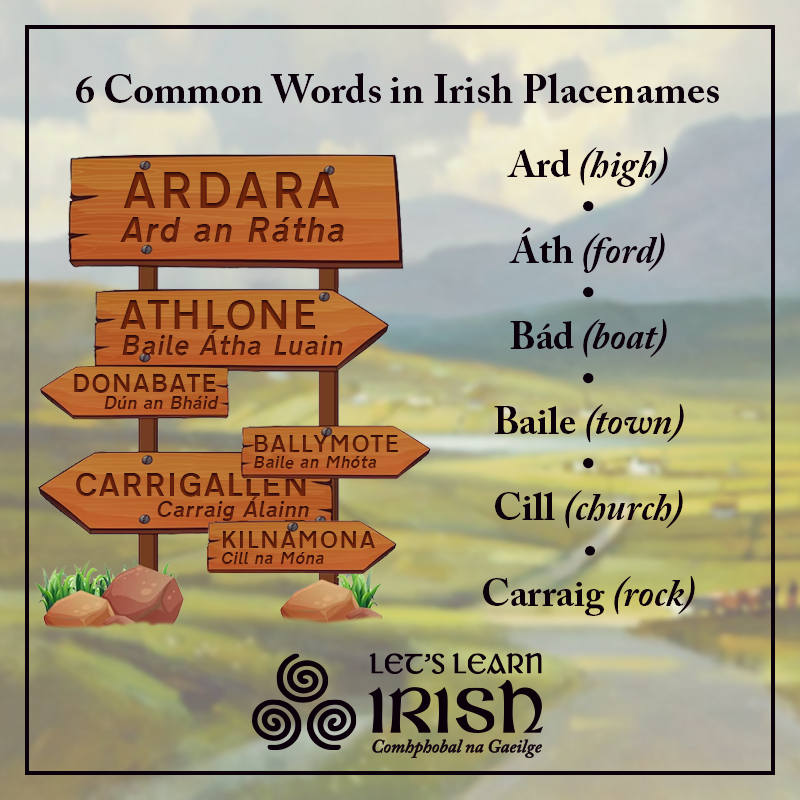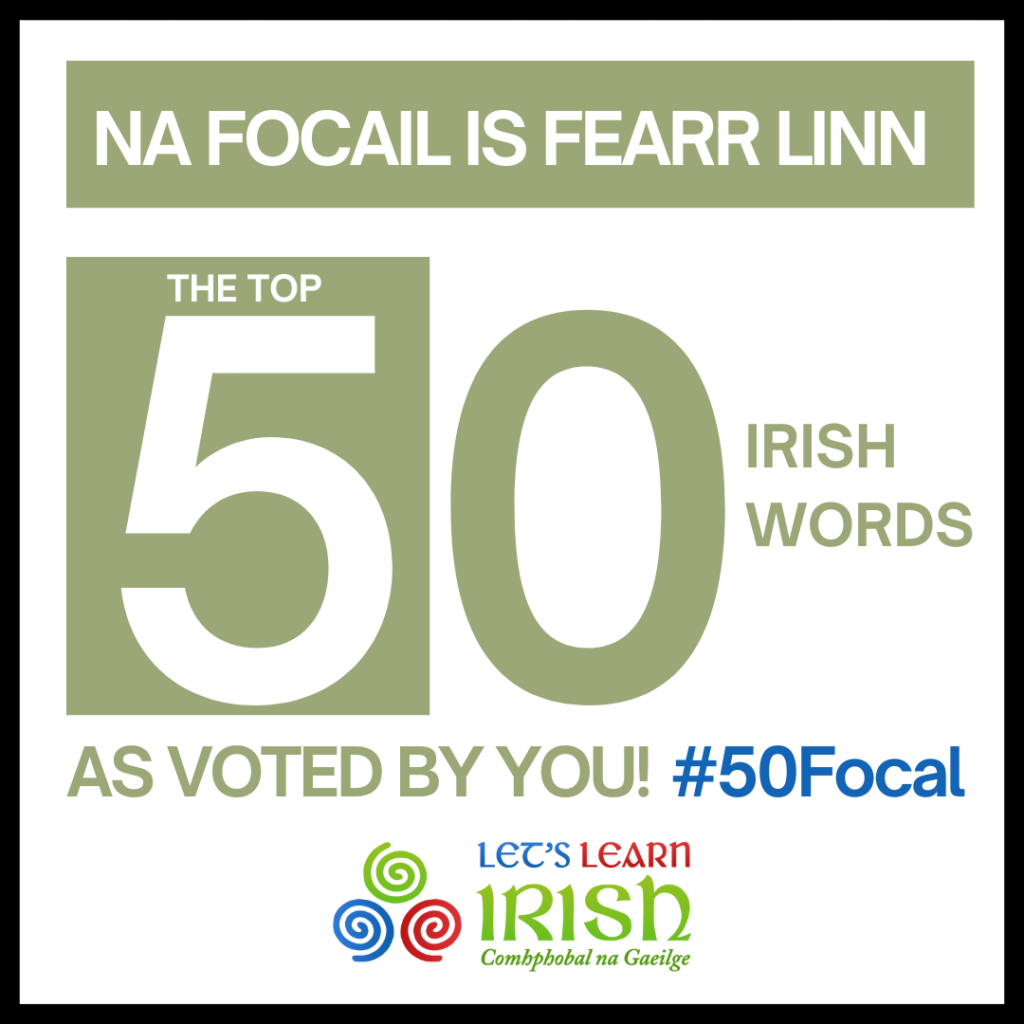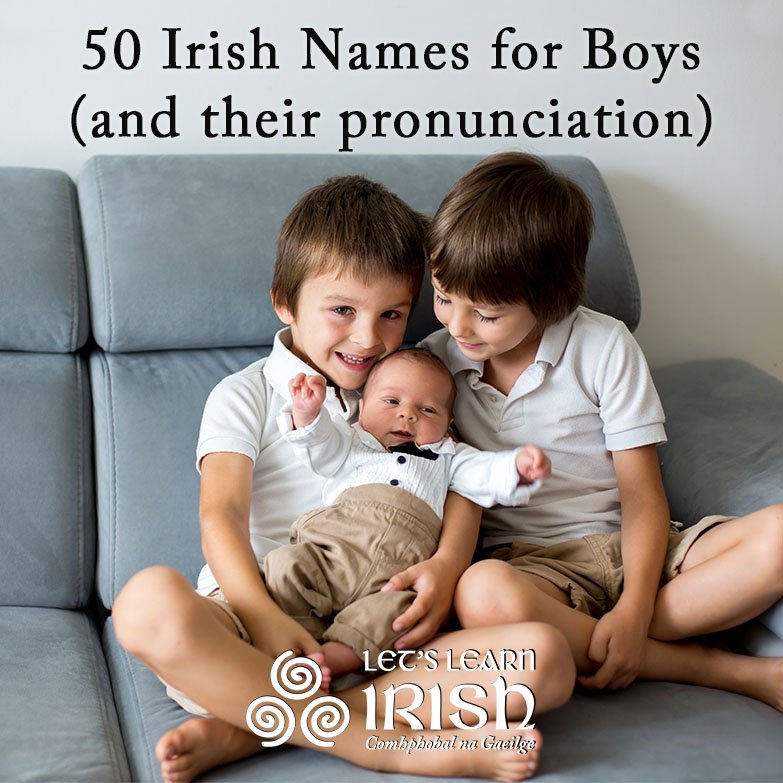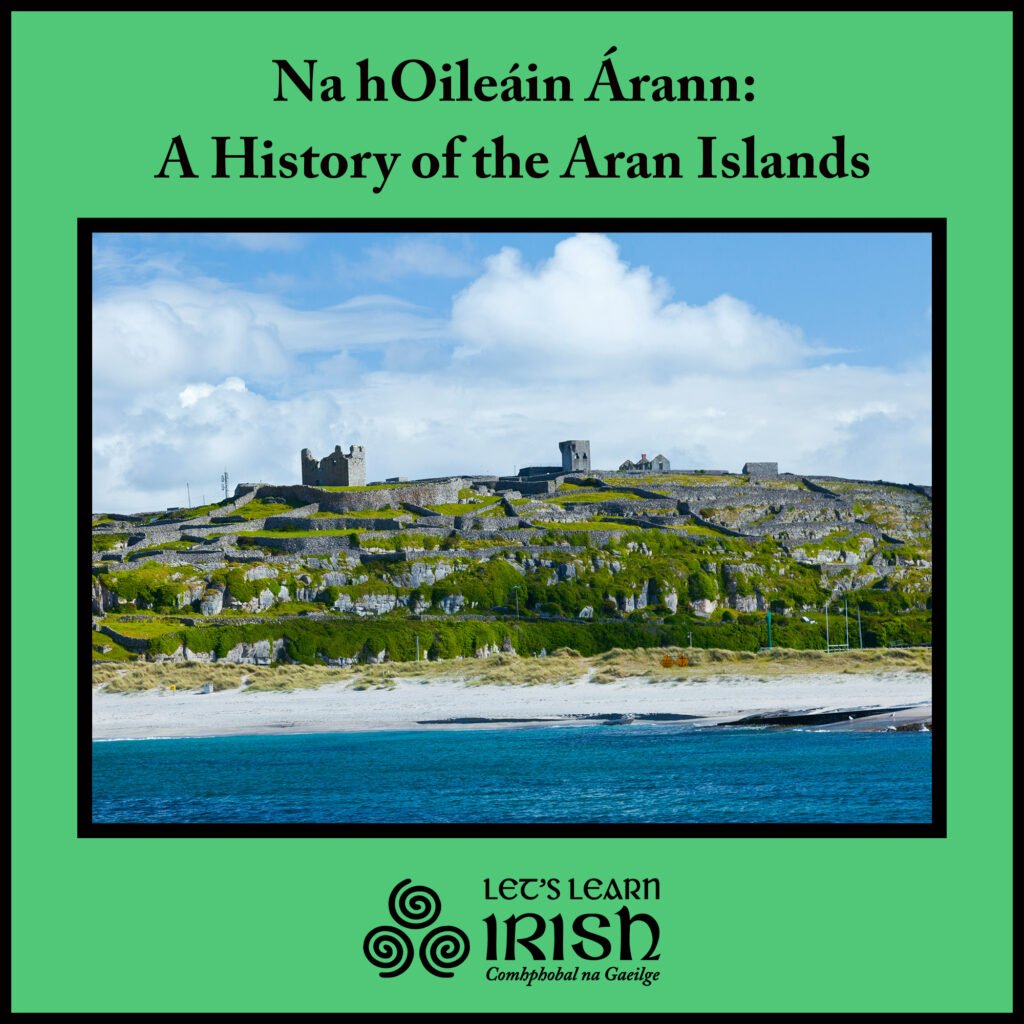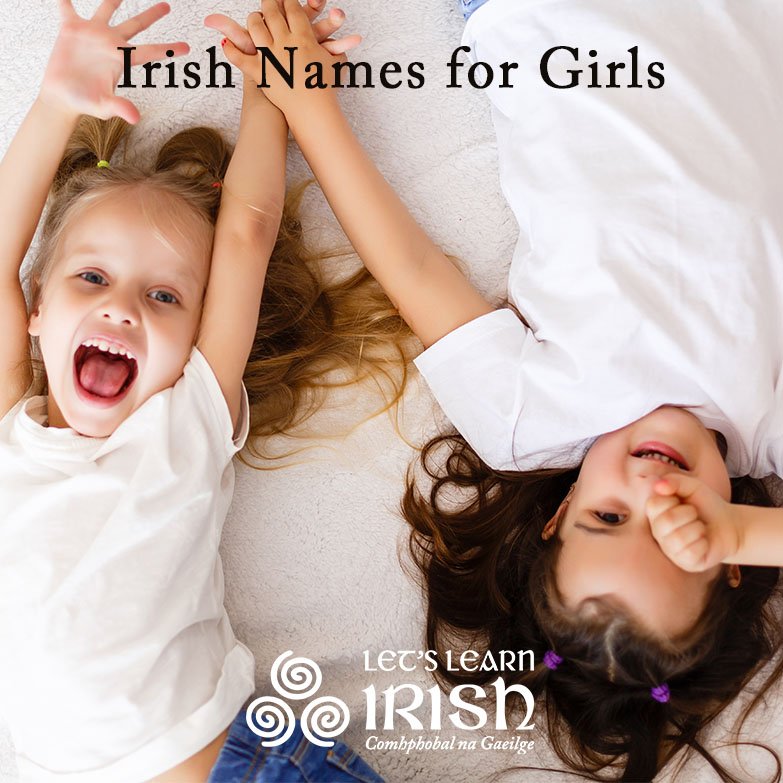Brian Friel: Language, Colonization and Translations
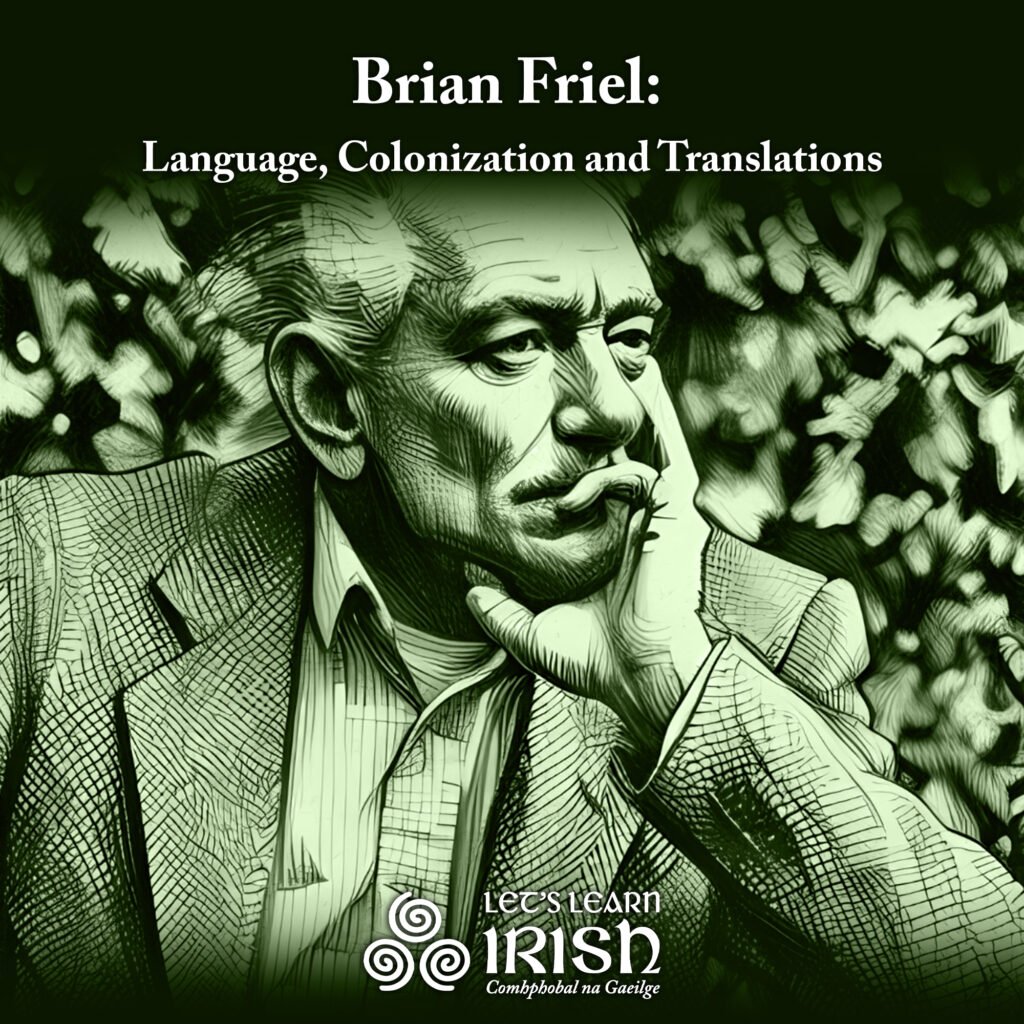
Sometimes referred to as the “Irish Chekhov,” Brian Friel is considered by many to be one of the greatest playwrights of his generation, in both Ireland and abroad. During the five decades that spanned his career, his work demonstrated not only daring artistic approaches, but also a wide range of topics addressed. From political activism to family dynamics, Friel’s plays took chances in form and content, making him a pioneer of his medium. Additionally, because his plays were often set in rural towns and his career spanned over half a century, it is often remarked that his work embodied the evolution of the Irish countryside in the 20th century. Friel frequently explored the complexities of the Irish language and its relationship to national identity in his works, particularly in his play Translations.
Friel's Early Career
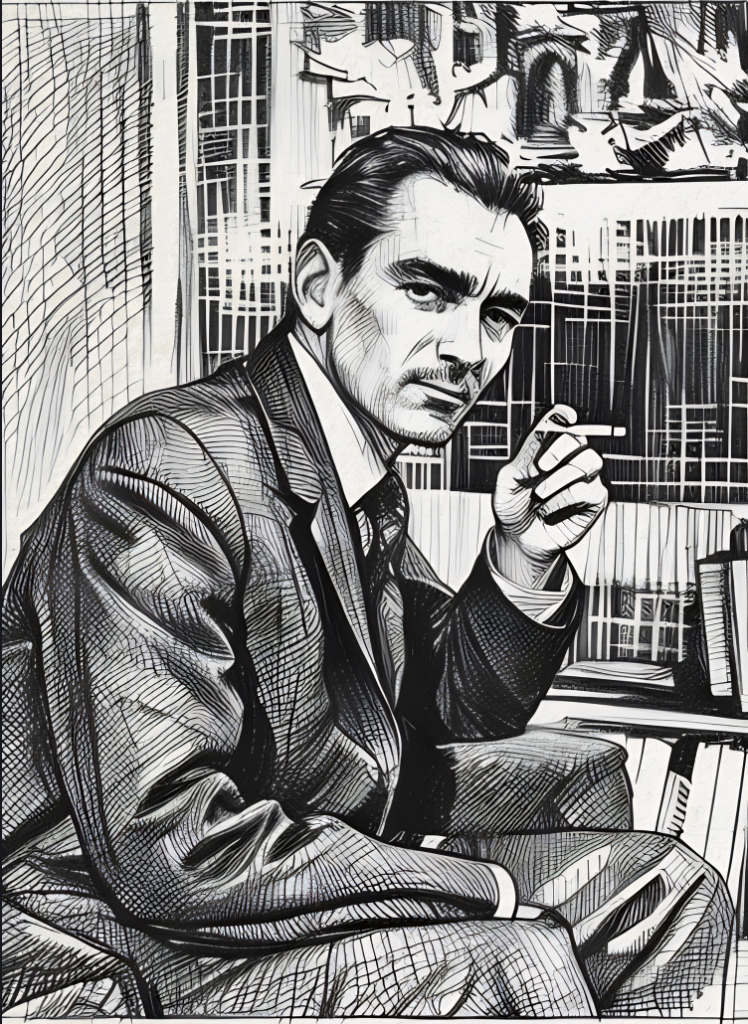
Born in County Tyrone, Northern Ireland, Friel initially worked in Derry as a math teacher before deciding to become a writer. He left the school and commenced to live off his savings.
Friel first wrote two radio plays that were aired on the BBC Northern Ireland in 1958 (A Sort of Freedom and To This Hard House), but early in his career Friel saw himself more of a short story writer. In addition to writing for The New Yorker, he published two short story collections: The Saucer of Larks (1962) and The Gold in the Sea (1966).
Brian Friel’s first stage play was produced by Ulster Group Theatre in 1960. The Enemy Within played at the Abbey Theatre in Dublin for nine performances in 1962, and The Blind Mice (1963) premiered in the Eblana Theatre in Dublin. Nonetheless, it was his next play, Philadelphia, Here I Come! (1964) that brought Friel international attention and established him as a successful playwright.
Philadelphia, Here I Come! centers on Gar O’Donnell’s last night and morning before departing for the eponymous city in Pennsylvania. The play explores Gar’s relationship with some of the people around him, most particularly his quiet father. Part of the play’s novelty is that Gar is personified by two characters: one representing his public self, and the other his private self. In 1966, Philadelphia, Here I Come! received Tony nominations for Best Play and Best Director, and ran 326 times in the United States.

The Political Activism of Brian Friel
Friel was living in Derry when the Battle of the Bogside took place in 1969. The three-day conflict between nationalists and loyalists is largely considered the start of The Troubles, which lasted for approximately thirty years. This experience had already convinced Friel to write a new play set in Derry. However, he redrafted it to make it more political after January 13th, 1972. Friel was among the marchers on the day that would become known as Bloody Sunday, during which British troops opened fire and killed 13 people and wounded 26 more. This led to the play The Freedom of the City, completed the next year, which follows three civil rights protesters during the Troubles.
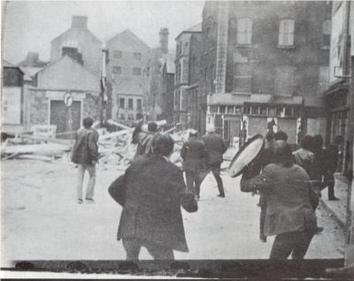
Other overtly political plays, largely satirizing the Irish government, include The Mundy Scheme (1969) and Volunteers (1975). In The Mundy Scheme, the Irish government is involved in dubious wheeling and dealing to try to get itself out of debt. This includes selling tracts of land to a Texas businessman, who then wants to offer to Irish people living abroad the opportunity to be buried on Irish soil. Volunteers follows a group from the Irish Republican Army (IRA) who have been detained indefinitely without much hope for freedom. Both plays were vehicles for Friel’s nationalistic views for the country.
Brian Friel’s Translations
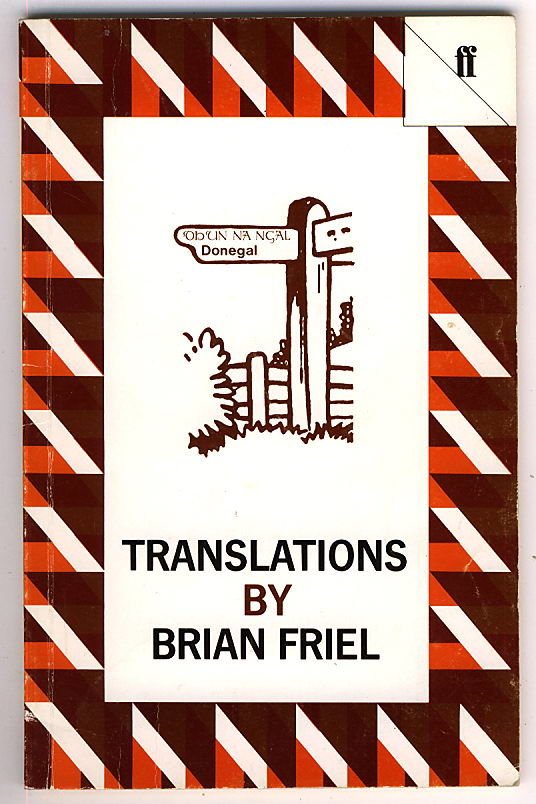
The years 1979 to 1980 would see Brian Friel release three plays that would further cement his legacy as a playwright: Aristocrats (1979), Faith Healer (1979) and Translations (1980). Aristocrats is one of his plays that draws comparisons to the work of Chekhov (whom Friel admired), scrutinizing recognizable family dynamics. Faith Healer is known for including several avant garde approaches, including using conflicting monologues from both dead and living characters. Nonetheless, it may be the realist play Translations that Friel is ultimately most known for.
In 1980, Brian Friel co-founded Field Day Theatre Company with actor Stephen Rea, and in collaboration with Noble Prize winner Seamus Heaney. Translations was their first play. They decided to premiere the production at the Guildhall in Derry, with actors including not only Stephen Rea, but famed stage darling Mick Lally and future movie star Liam Neeson.
Translations, much like many of Friel’s plays, takes place in the fictional rural town of Baile Beag (meaning “Small Town” in Irish), anglicized to Ballybeg, in County Donegal. While not explicitly stated as being within the Gaeltacht, the setting is an Irish-speaking community in Donegal. Set in 1833, the play’s community include both English and Irish members, most of whom can’t speak the other’s language. This barrier represents the greater conflict between the two nationalities, as well as the politics behind language and culture. Some lines of the play were delivered in Irish, although much of the Irish-speaking characters’ dialogue was given in English to allow the audience to understand it, as if it was translated for them. Later, a version of the play was written fully in Irish.
Friel himself had a personal connection to the language, with grandparents who were native Irish speakers, and he grappled with the legacy of English colonization on Irish culture and language. Translations directly addresses the impact of British mapping and Anglicization of Irish placenames in the 19th century, highlighting the loss of cultural identity and the challenges of communication and understanding that arise from linguistic and cultural clashes. Friel viewed the language question as central to Ireland’s political problems, arguing that true resolution would require acknowledging the significance of language for Irish identity. He suggested that the legacy of British rule, particularly the adoption of English, needed to be addressed and transformed into a more authentically Irish form of expression. Translations can be seen as a critique of cultural imperialism and a call for a more nuanced understanding of Irish identity, rooted in language and cultural heritage. Friel uses the concept of “translation” to represent the broader process of cultural exchange, misunderstanding, and the imposition of one culture’s norms on another.
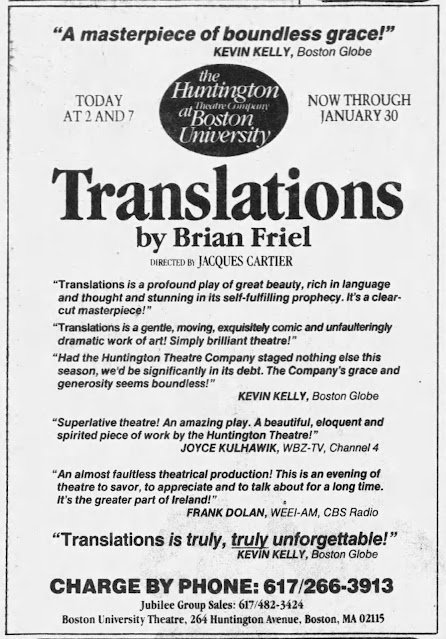
Friel and Rea considered Derry to be the ideal location for the premier of Translations for several reasons. Being a place of conflict between English and Irish cultures, it was deemed a meaningful location. Additionally, being a city under a name dispute, it mirrored some of the same battles over the placename of Baile Beag. Friel also thought the strong Ulster accent of the local cast created a sense of “community passion.”
Translations went on to be one of the most performed plays of the 20th century, being staged in countries all around the world. Other cultures have adapted the play to speak to their own colonial struggles, including the Welsh, the Belarusians, and the Catalans. The play resonates as an exploration of themes of language, identity, colonialism, and the clash between cultures, as the British attempt to impose their language and culture on the Irish.
The Late Career of Brian Friel
In addition to Translations, Friel only wrote two more original stageplays in the 80s, although he did translate several plays, including Chekhov’s Three Sisters (1981).
However, it was 1990, with Dancing at Lughnasa, that Friel rose to prominence once again. Loosely based on his aunts, the play follows the hopes and love interests of five sisters in 1936. Winner of three Tony Awards, including for Best Play, Dancing at Lughnasa was also made into a film starring Meryl Streep. Although Friel continued writing plays until 2005, they wouldn’t reach the success of Dancing at Lughnasa.
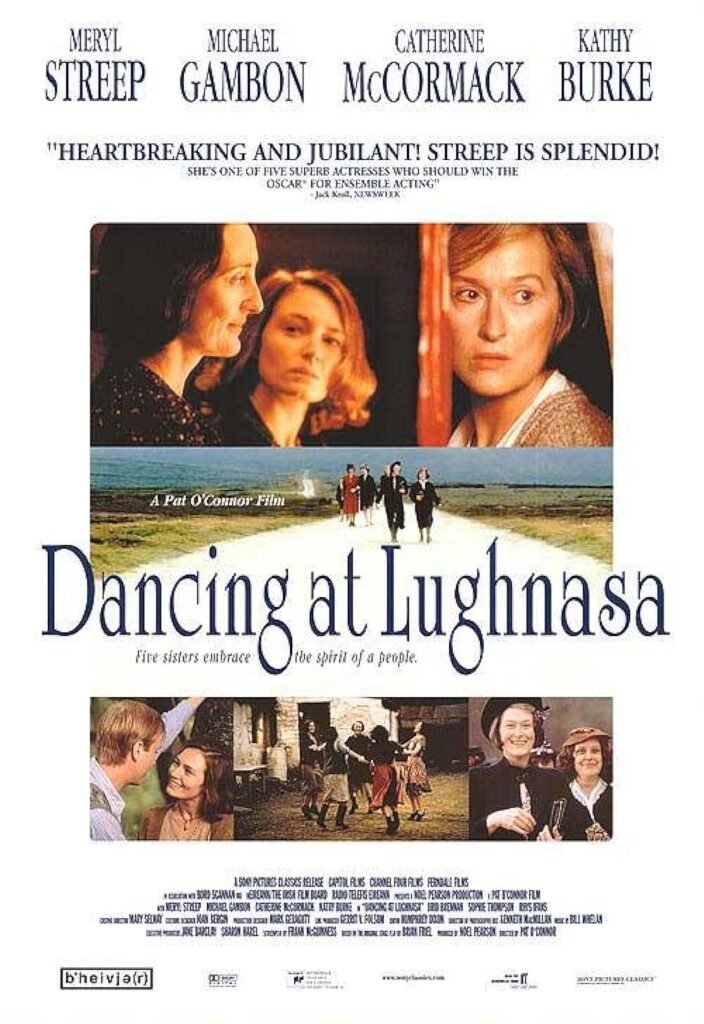
FrielDays
Although Friel passed away in 2015 at the age of 86, his legacy remains strong in the theatre community, with his work continuing to be produced around the world. To mark the 100-year anniversary of his birth in 2029, Arts Over Borders created an ambitious project to stage all of his plays from 2025 to 2029 in the locales they were set. They will be put on in locations such as community centers and schools in County Donegal, County Derry and County Tyrone. Five plays, including Dancing at Lughnasa, will begin running in 2025, with more added each year, until they are all being performed in 2029. The intent behind presenting the plays in the locations they were set is to heighten the audience’s experience and use geography as a staging tool. With the production of Translations, for example, the audience will be taken to a pub where Irish is being spoken. While the play will be in English, the audience will be seated in an environment influenced by both languages.
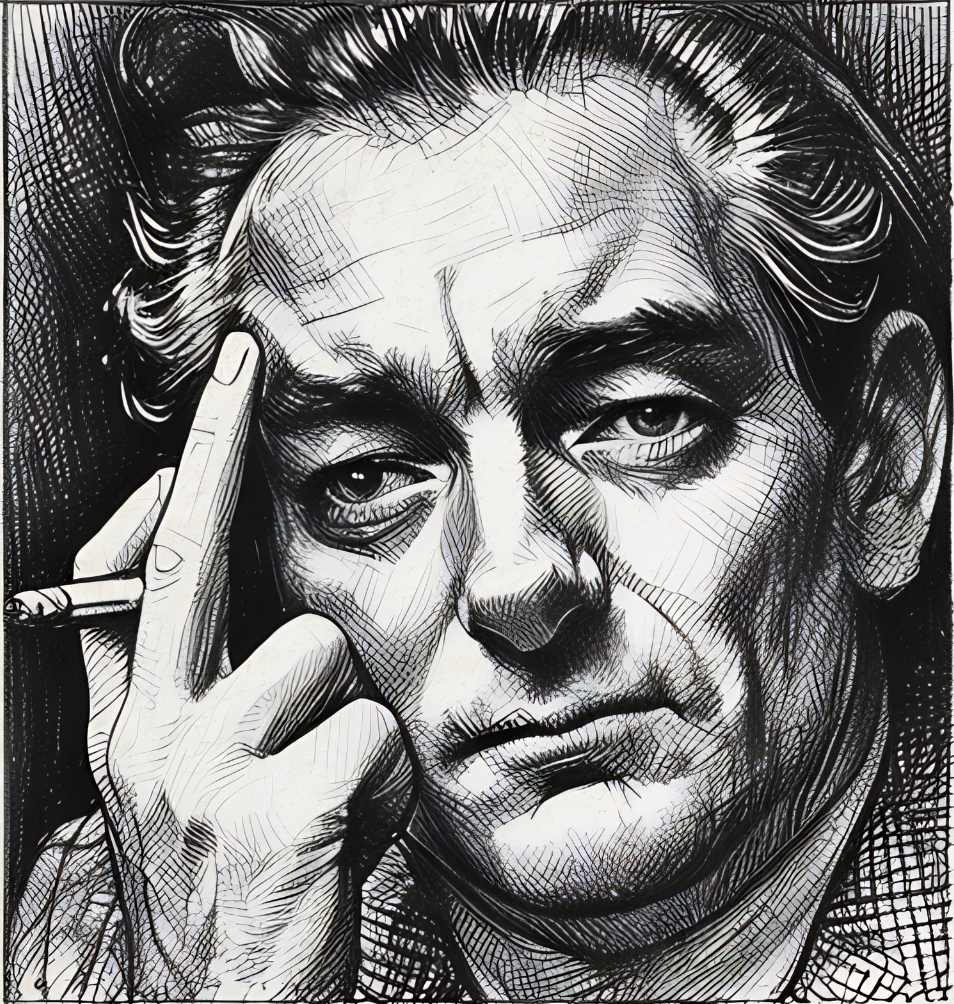
Learning Irish with Brian Friel
As someone who used the medium of drama to explore the importance of the Irish language and what it means for those who speak it, incorporating Brian Friel’s work into your study of Irish is a great approach to learning the language in an engaging way, as well as celebrate one of the world’s most accomplished playwrights. In particular, reading Translations, published by Faber & Faber, is a useful means to take in a manageable amount of Irish and be able to put it into context. This celebrated text—which is on the Irish Leaving Cert, the exam needed to enter an Irish university—allows a learner of Irish to engage the language and the cultural history behind it at the same time.
Even better, you can learn Irish along with some of the characters in the play. For example:
YOLLAND: Bun na hAbhann.
OWEN: That’s better. Bun is the Irish word for bottom. And Abha means river. So it’s literally the mouth of the river.
Or another example later:
YOLLAND: Tra—that’s the Irish for for beach. (To Manus) I’m picking up the odd word. Manus.
You may be fortunate enough to see Translations performed at some point, or may want to eventually try reading the version written entirely in Irish. However, even if can’t see a performance live, you can still listen to the play here for free. It’s a great way to help build up your listening skills.
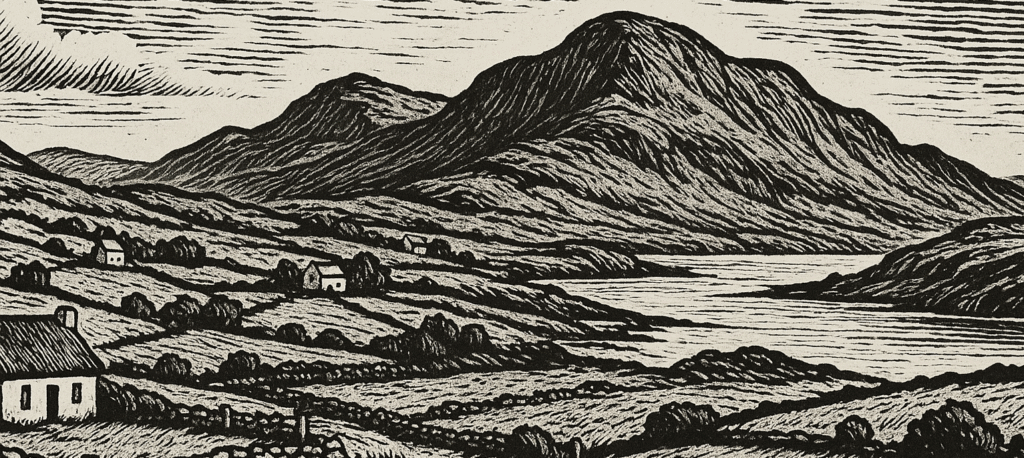
Brian Friel was not only one of Ireland’s most successful practitioners of drama, but one of the most important playwrights in the world. His avant garde approaches redefined what is possible on the stage, while at the same his methods and subjects addressed continued to evolve, making it impossible to pigeonhole his work. Since his plays were often set in small towns in the northern part of the island, his work has also been an important time capsule of a changing Ireland in the five decades he wrote. His plays also encapsulate his significant efforts towards political activism, cultural reclamation and his utmost respect for the native language of Ireland.
Bígí páirteach!
Join the online Irish community at LetsLearnIrish.com.
Follow on social media @LetsLearnIrish.

